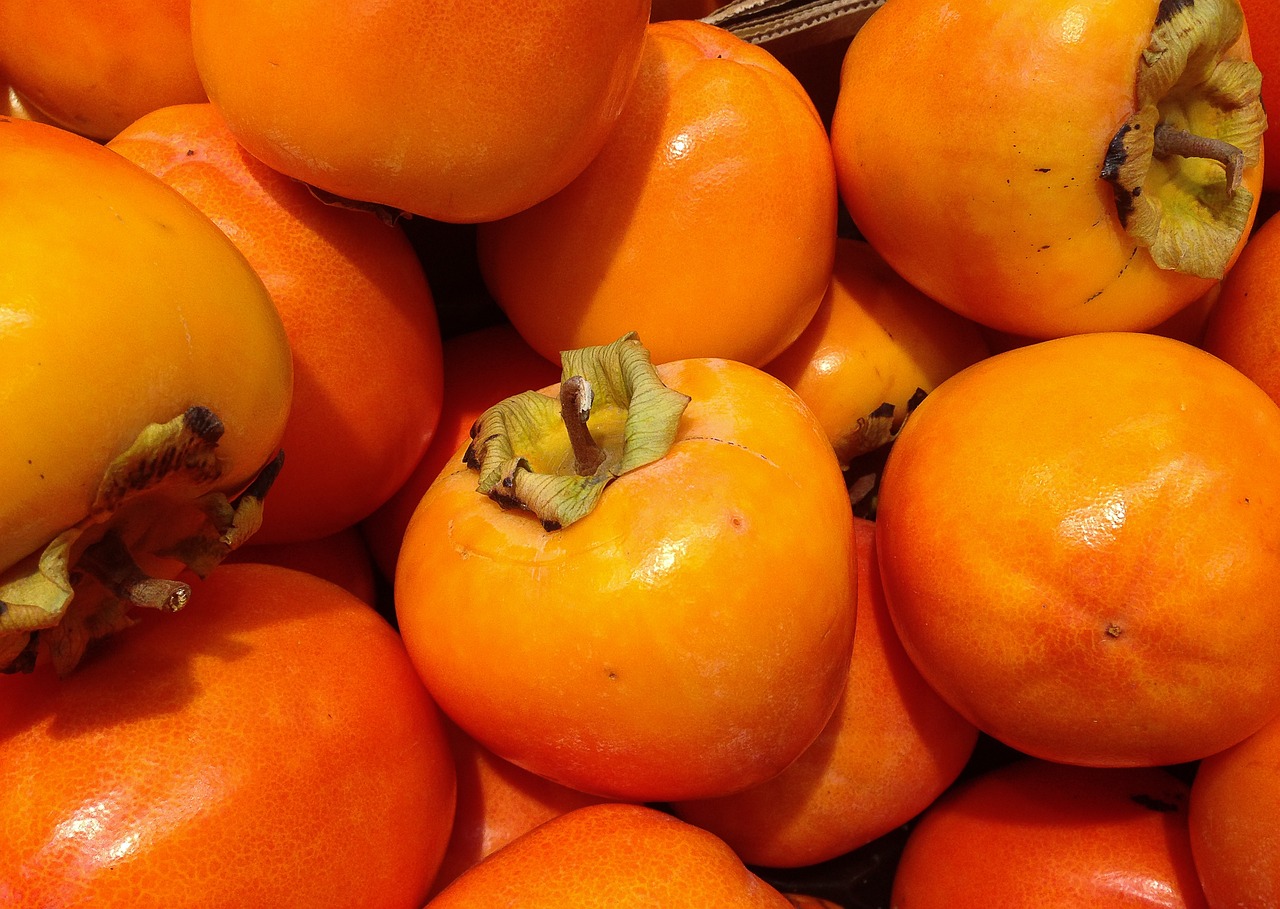
Persimmons are a source of manganese, vitamins A and C, which help blood clot and improve other health problems. According to the health site, this fruit also has antioxidants, which help reduce the risk of many serious health conditions, including cancer and stroke.
"This delicious fruit looks an awful lot like a tomato. However, its mango-like, orange flesh inside is easy to eat and packed with immune-boosting properties," says a nutritionist. nursing said
Eating Japanese persimmons every day helps keep the immune system healthy, fighting flu and viruses in winter.
In a persimmon weighing 168 grams, you can consume 15% of the vitamin A value, 14% of the vitamin C value, along with large amounts of vitamins E, K, B6 and potassium. These are essential for a healthy immune system. The average 6 grams of fiber in each persimmon also helps reduce inflammation and support healthy digestion.
In addition, persimmons also contain many compounds such as tannins, flavonols, antioxidants - which help remove all bad toxins from the body. Each fruit contains only 0.3 g of fat, making it a healthy addition to your diet.
According to nutrition experts, eating persimmons that are too green will taste bitter and very unpleasant. When allowed to soften, the fruit will have a sweet, delicious taste, almost like melon. You can eat persimmons fresh, dried, or cooked and used in jellies, drinks, pies, curries and puddings.